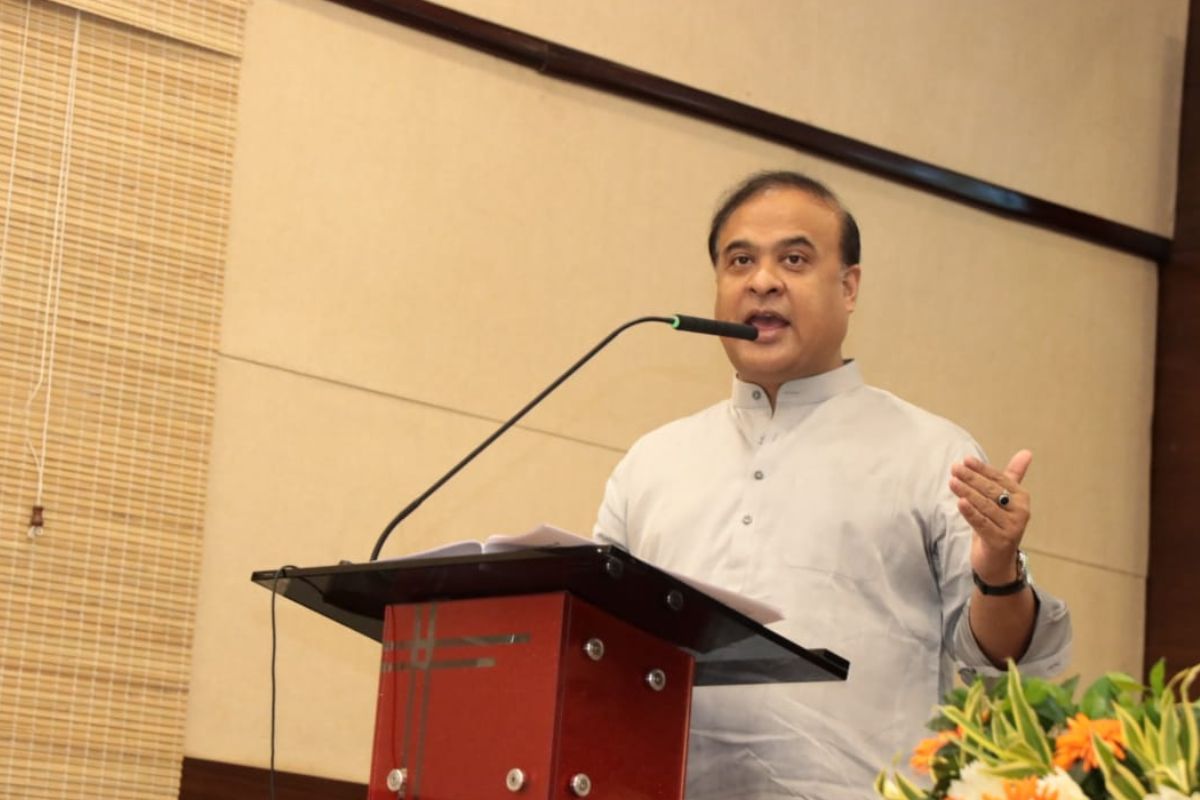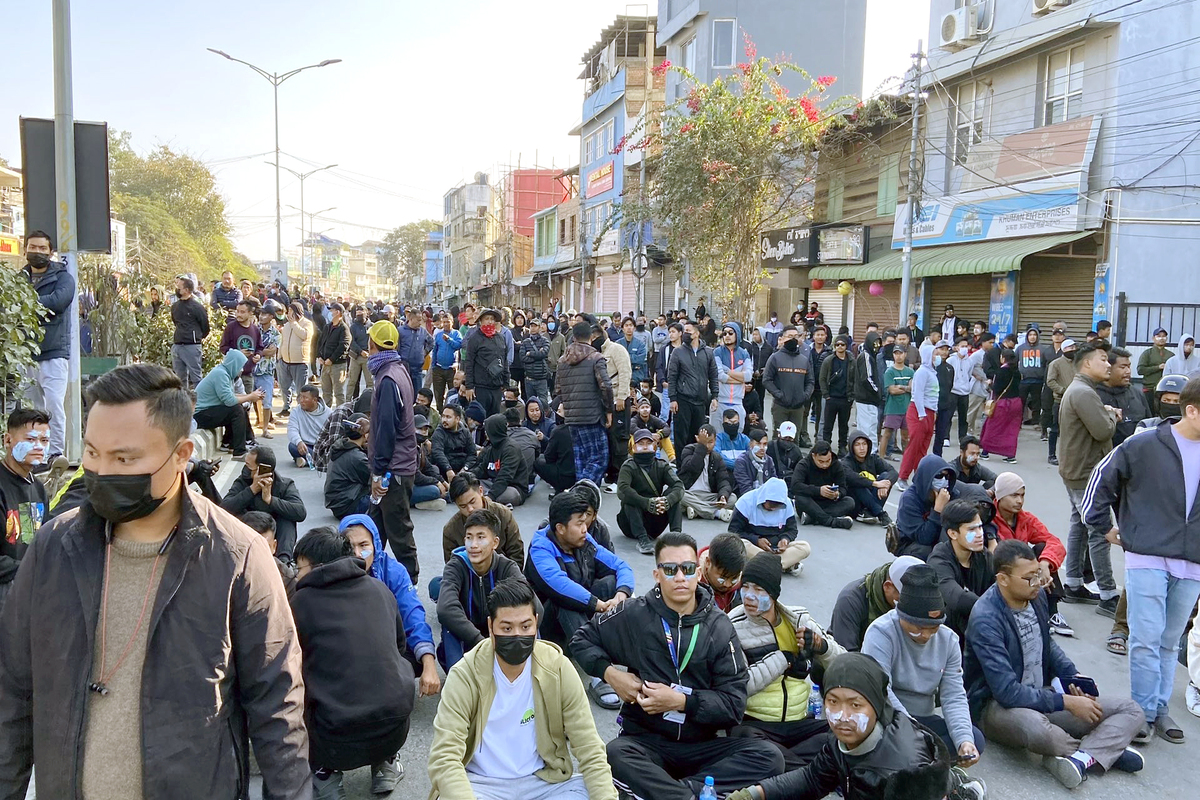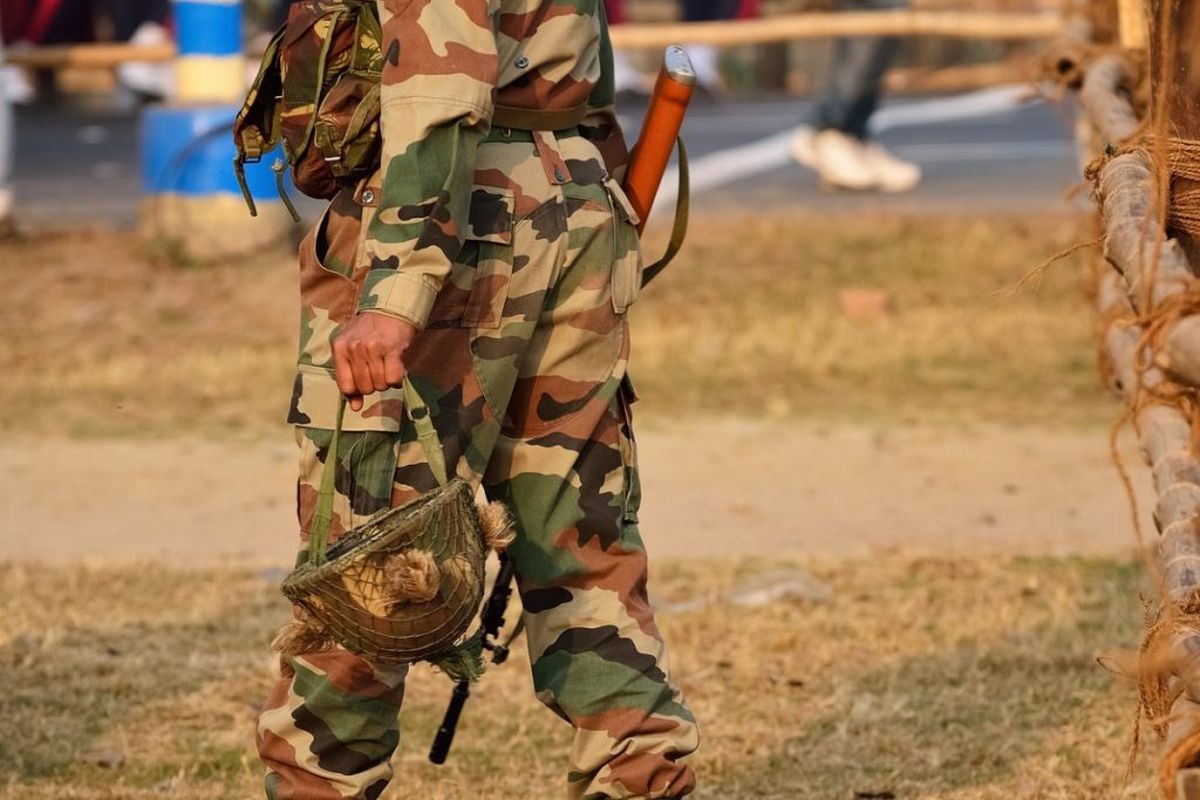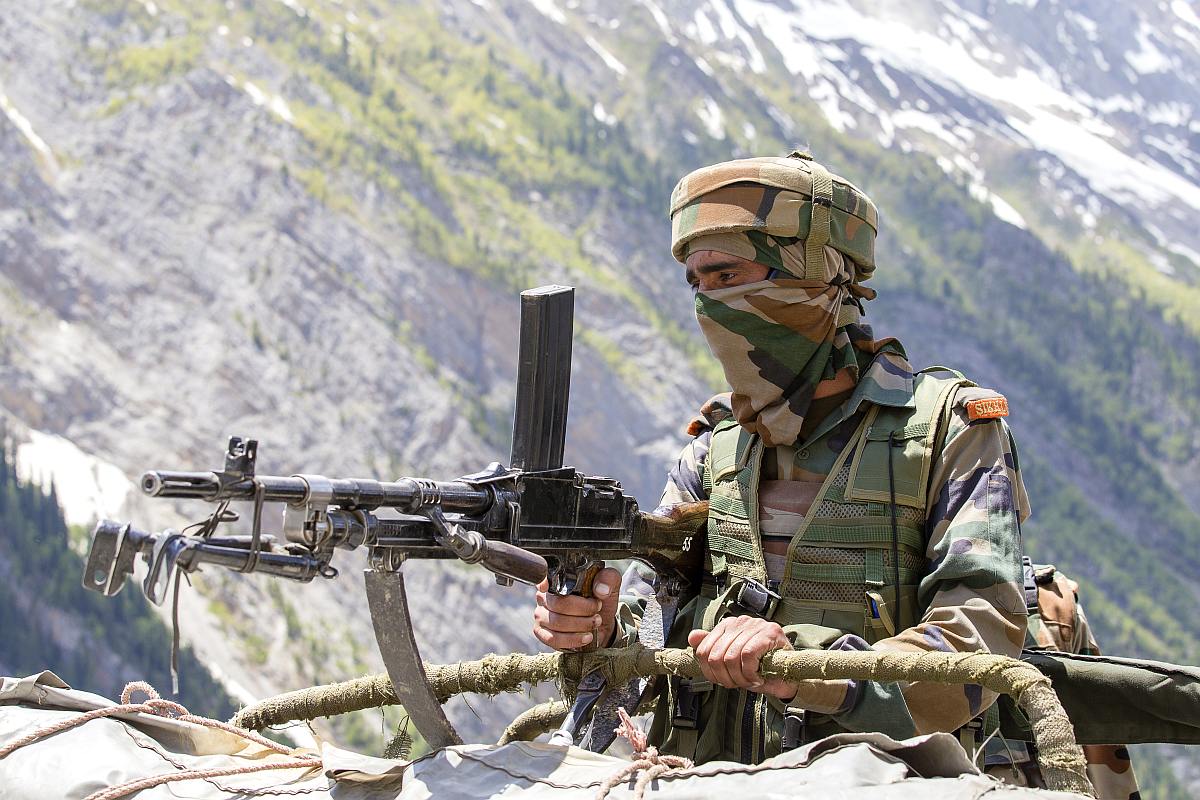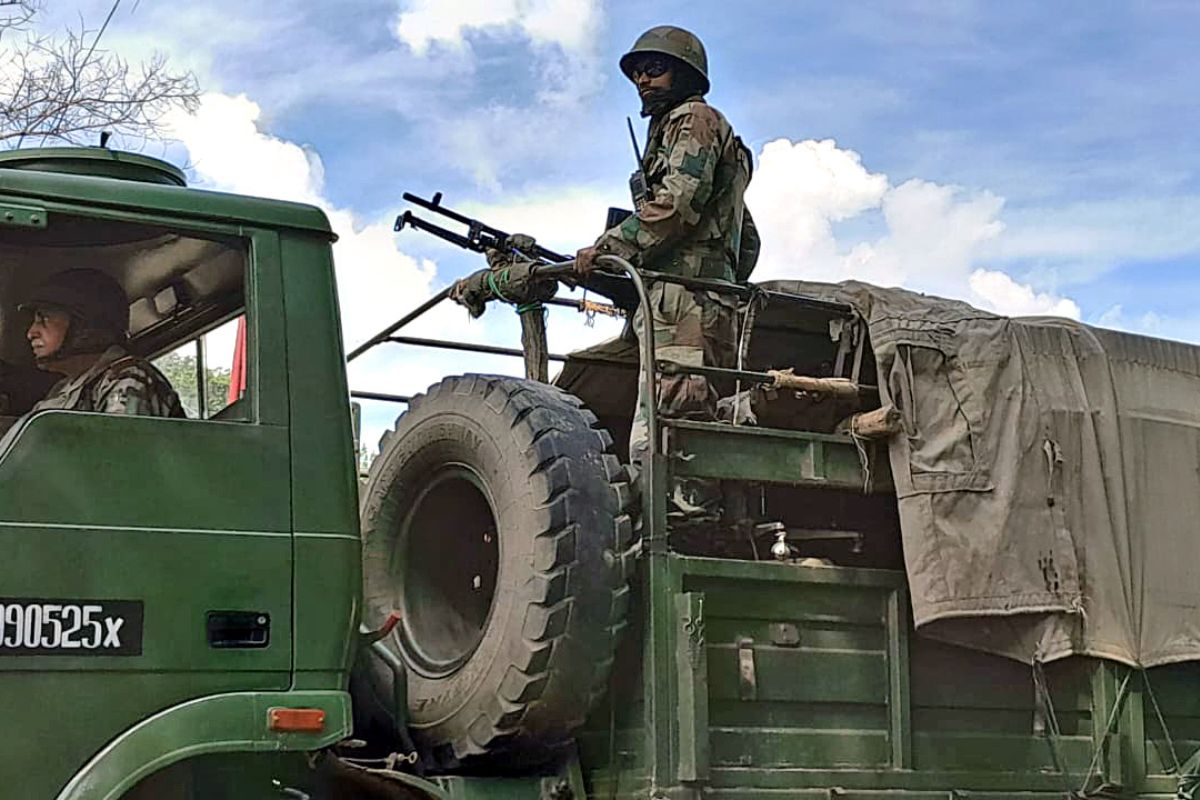AFSPA lifted from Dibrugarh: Assam CM Himanta
Assam Chief Minister Himanta Biswa Sarma announced on Thursday that the Union government has withdrawn the ‘disturbed area’ tag from Dibrugarh, effectively lifting the Armed Forces (Special Powers) Act (AFSPA) from the district.

